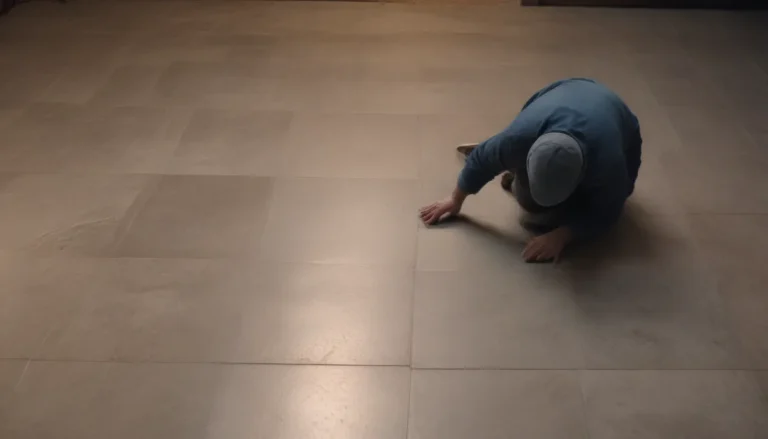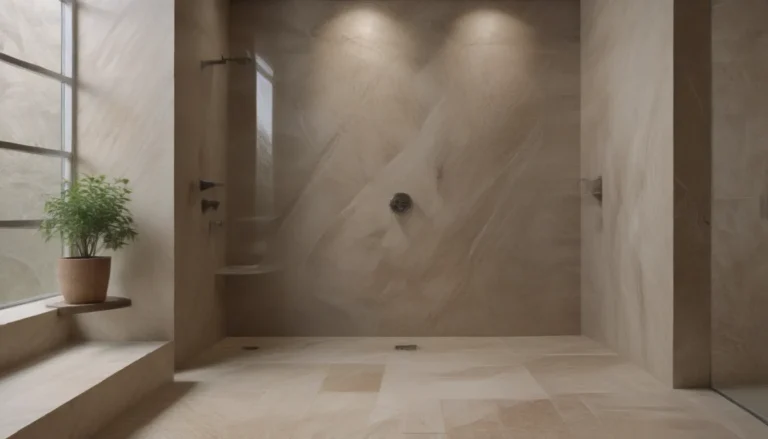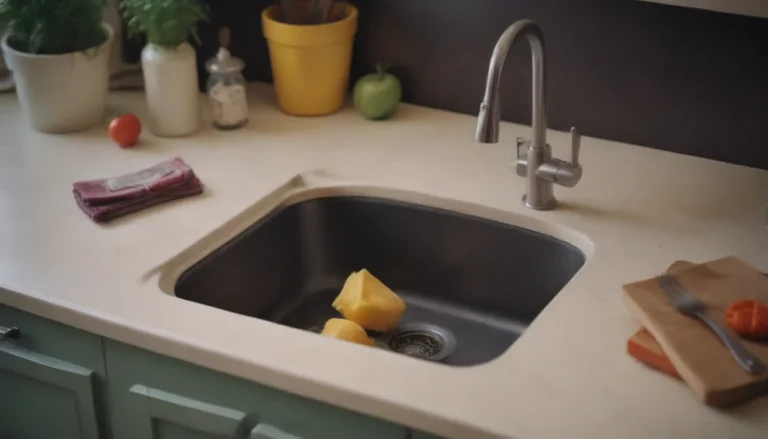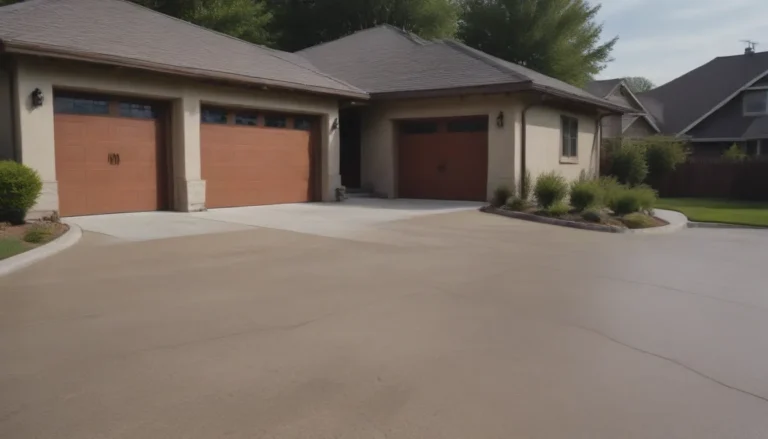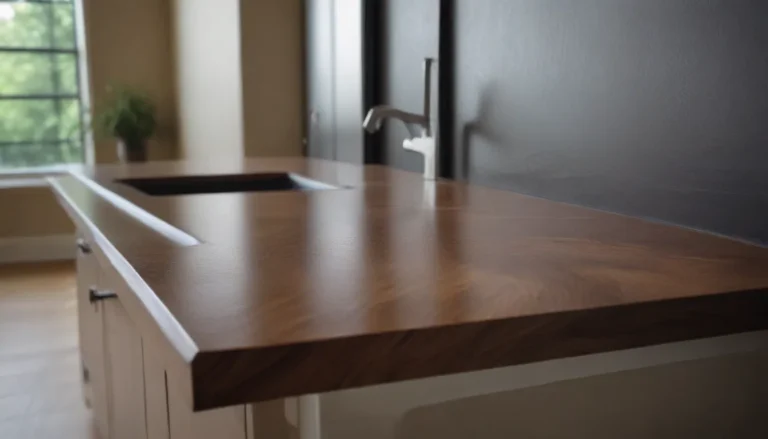A Comprehensive Guide to Resilient Flooring Types and How to Choose the Best Option for Your Home
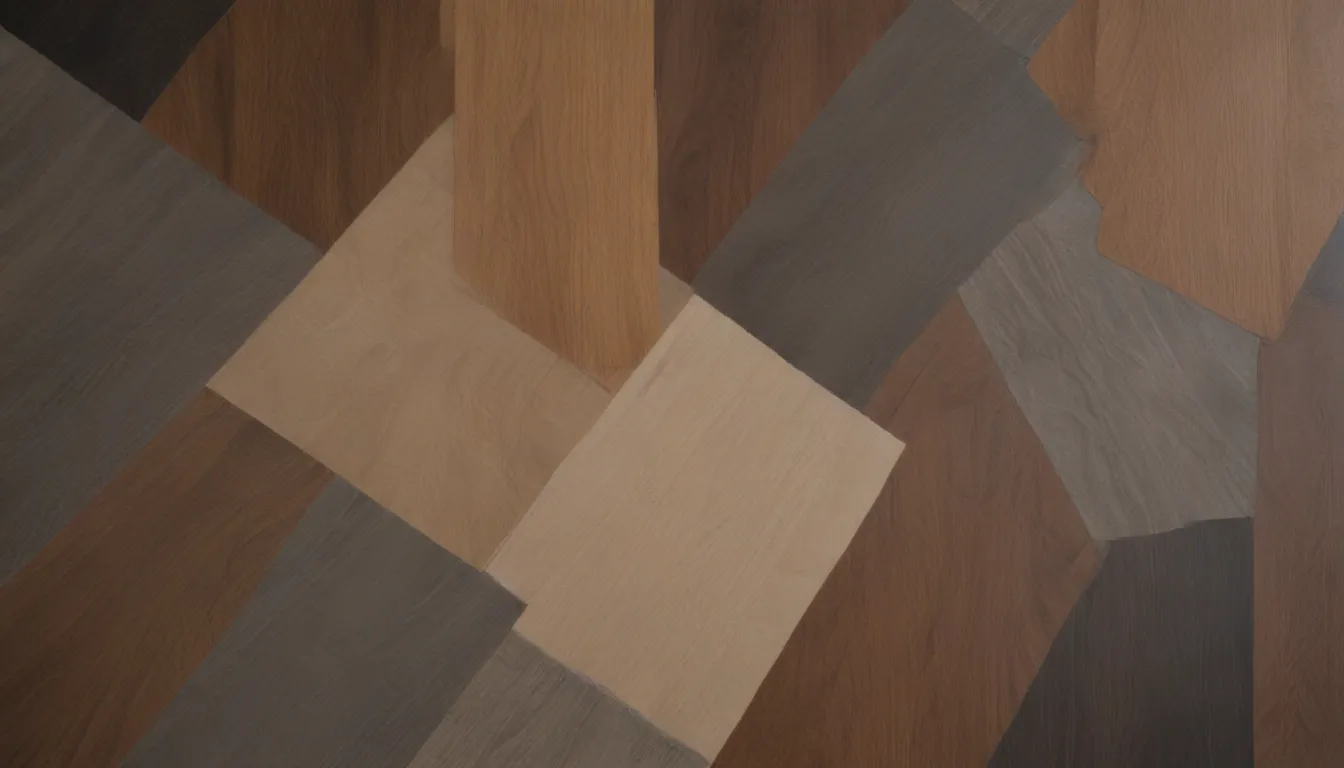
Resilient flooring is a popular choice for homeowners looking for durable and comfortable floor coverings. From vinyl to cork, there are several options to consider when it comes to resilient flooring. In this guide, we will explore the different types of resilient flooring available and provide valuable information to help you choose the best option for your home.
What Is Resilient Flooring?
Resilient flooring is any floor covering material that is not wood, textile, stone, concrete, or ceramic. This type of flooring is known for its comfort underfoot and ability to provide a slight bounce-back. One common example of resilient flooring is vinyl flooring.
1. Rigid Core Luxury Vinyl Tile and Planks
Rigid core luxury vinyl flooring is a multi-ply resilient flooring product that combines the rigidity and secure joinery of laminate flooring with the water resistance and durability of vinyl. This type of flooring can be up to 8mm thick, making it comparable to many laminates in terms of thickness. The waterproof inorganic materials used in rigid core luxury vinyl make it ideal for water-prone spaces like bathrooms and kitchens.
- Easy to install without the need for glue
- Water-resistant with tight-locking snap-lock joinery
- Suitable for cold subfloors
- Offers realistic wood- or stone-like textures
2. Flexible Luxury Vinyl Tile and Planks
Flexible luxury vinyl tile and planks are thinner than rigid core luxury vinyl but are more affordable. While flexible vinyl flooring may lack deep textures, it is still a durable and economical choice for homeowners.
- Available in larger sizes for expansive flooring
- Suitable for glue-down installation
- Economical option for those on a budget
- Provides strength and durability
3. Sheet Vinyl Flooring
Sheet vinyl flooring comes in rolls with varying thicknesses, providing excellent water resistance due to the low number of seams or a seamless installation. While sheet vinyl can be challenging to install, modified loose-lay sheet vinyl eliminates the need for glue.
- Waterproof with minimal seams
- Tricky to install due to the large rolls
- Modified loose-lay option for easier installation
- Offers enhanced water resistance with full-spread installation
Tip: For a more secure bond, choose full-spread sheet vinyl for enhanced water resistance and durability.
4. Cork Flooring
Cork flooring is warm, moisture-resistant, and environmentally friendly, making it an excellent choice for those looking for a resilient and sustainable flooring option. Cork flooring is easy to install and comes in various designs, including wood and stone looks.
- Offers a natural bounce underfoot
- Environmentally friendly with recycled materials
- Provides flooring insulation in basements
- Healthier option with minimal synthetic additives
5. Linoleum Flooring
Linoleum flooring is a dense and vibrant option made from all-natural materials, including linseed oil and wood flour. While less common than vinyl flooring, linoleum is a resilient and durable choice for homeowners seeking a vintage or bold look.
- Available in various forms, including tiles and planks
- Made from renewable resources
- Durable and long-lasting
- Offers solid colors for a bold and dramatic look
Tip: Consider linoleum flooring for a vintage home or for its solid color options.
6. Solid Vinyl Tile (SVT)
Solid vinyl tile offers a through-body construction that provides durability and resistance to wear and tear. Unlike other vinyl flooring options, solid vinyl tile is less likely to de-laminate and offers a long-lasting solution for residential spaces.
- Through-body construction for enhanced durability
- Resistant to de-lamination
- Low maintenance with no regular surface treatments
- Ideal for residential spaces
7. Vinyl Composite Tile (VCT)
Vinyl composite tile is a blend of vinyl, minerals, and pigments that create a strong and durable flooring option for high-traffic environments. While less design options are available compared to other resilient flooring types, VCT is ideal for commercial spaces where durability is essential.
- Composed of up to 85% mineral content
- Durable and long-lasting
- Requires regular waxing for maintenance
- Ideal for high-traffic commercial spaces
Benefits of Resilient Flooring:
- Ergonomic: Resilient flooring provides comfort and support underfoot.
- Soundproofing: Helps reduce noise transmission between floors.
- Sustainability: Made from renewable and recycled materials.
- Affordability: Cost-effective and durable for long-term use.
Choosing the Right Resilient Flooring Type
When selecting a resilient flooring type for your home, consider factors such as waterproofing, installation process, scratch resistance, dent resistance, and sound absorption qualities. Each type of resilient flooring has its own benefits and characteristics, so it’s essential to compare all options based on your specific needs.
- Look for a durable and long-lasting option
- Consider waterproof and scratch-resistant properties
- Evaluate installation difficulty and process
- Assess sound absorption qualities for comfort
In conclusion, resilient flooring offers a versatile and durable solution for homeowners seeking comfort and longevity in their flooring choices. Whether you opt for luxury vinyl, cork, linoleum, or vinyl composite tile, each type of resilient flooring provides unique benefits and features to enhance your home’s aesthetics and functionality.
By understanding the different types of resilient flooring available and their respective qualities, you can make an informed decision on the best option for your space. From eco-friendly cork to durable vinyl, resilient flooring offers a wide range of choices to suit your style and needs.
Sources:
– LL Flooring B03C – Material Guides – Resilient Flooring
– National Floor Covering Association
– National Institute of Standards and Technology (NIST) Flooring: One Step Ahead
– Mannington Vinyl Composition Tile

